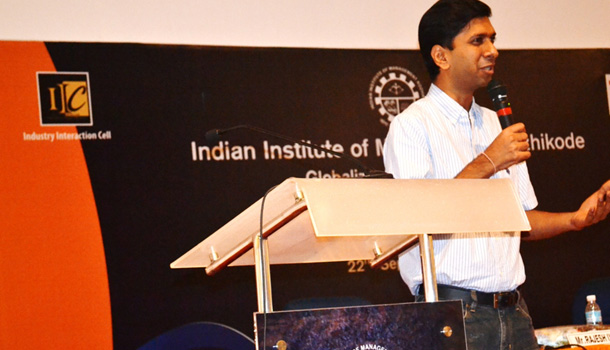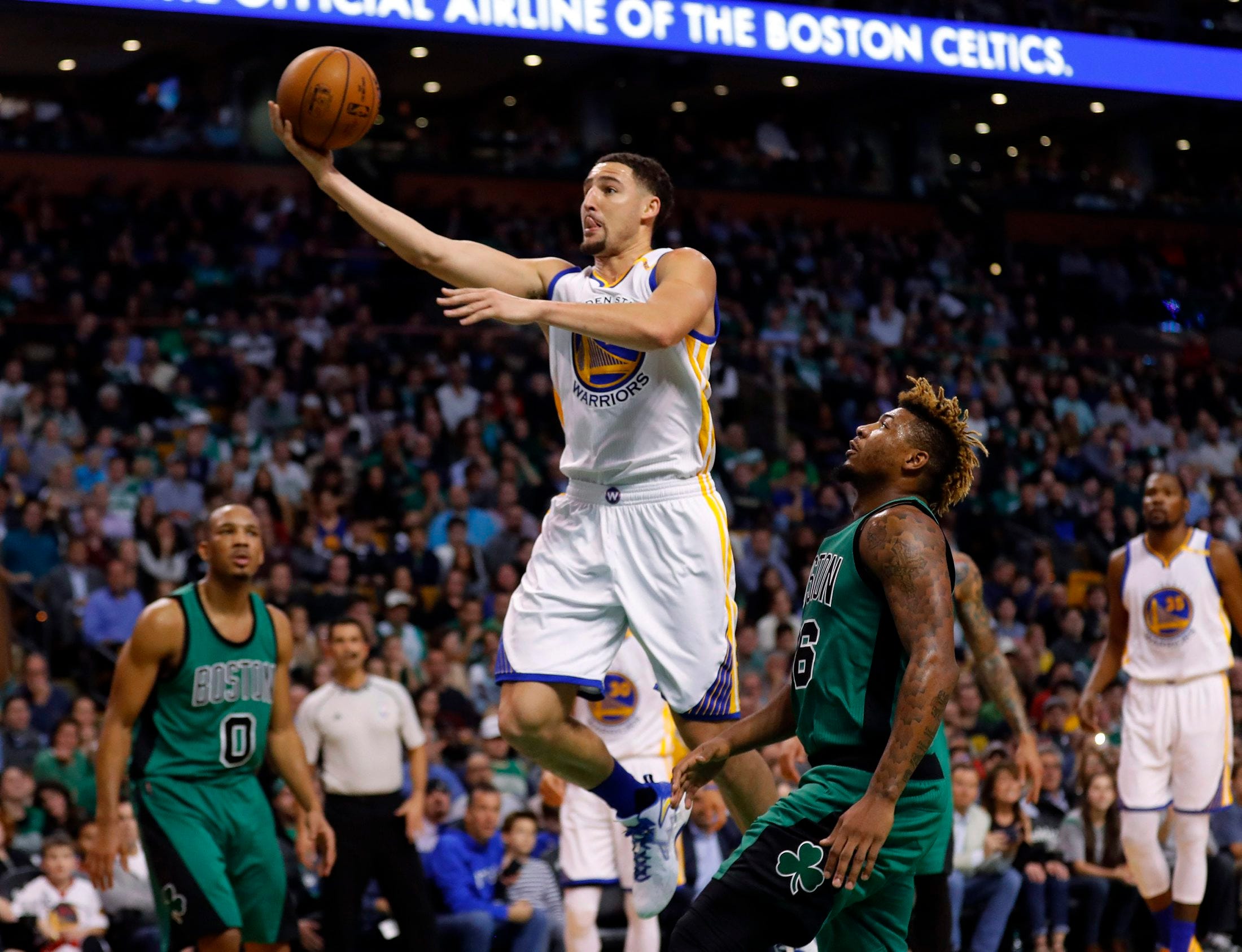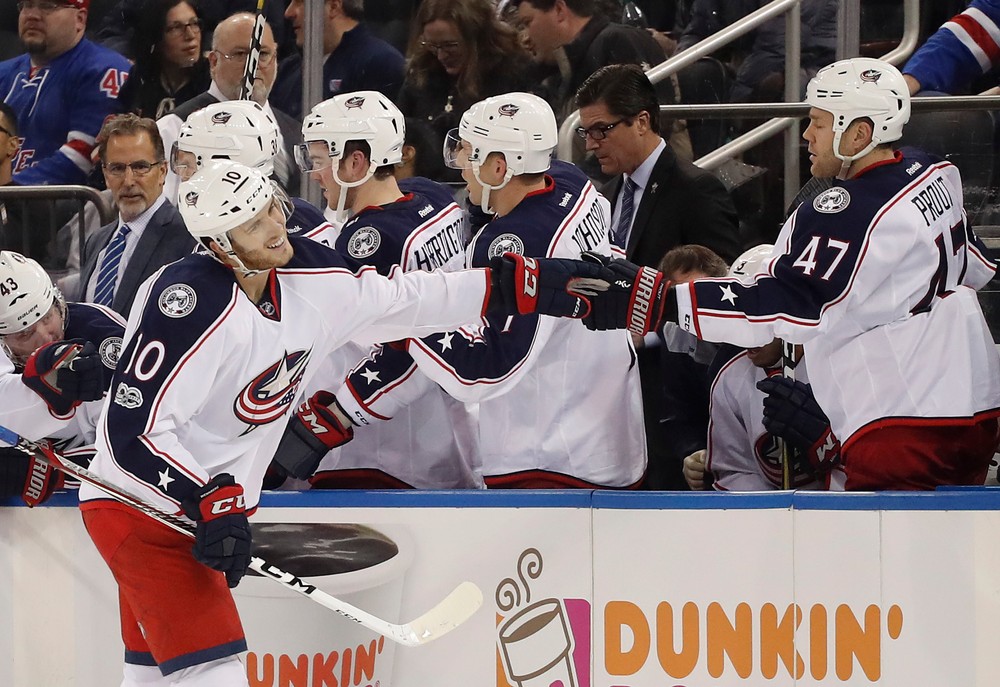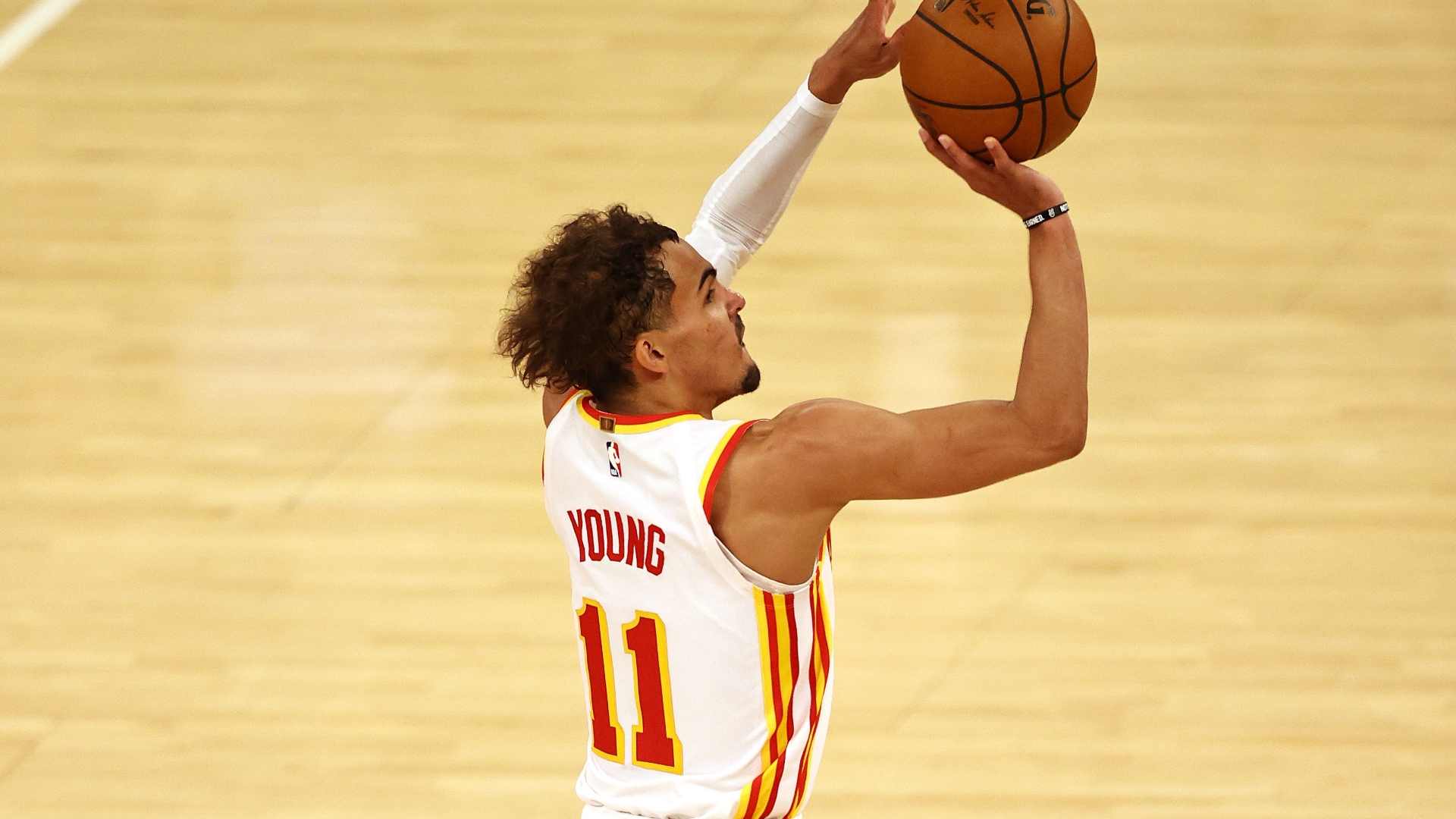A Deep Dive Into The Papal Conclave: From Beginning To End

Table of Contents
The Pre-Conclave Period: Preparations and Expectations
The selection of a new Pope is not a spontaneous event; it's a carefully orchestrated process that begins even before the previous pontiff's passing or resignation.
The Sede Vacante: A Period of Transition
The period between the death or resignation of a Pope and the election of his successor is known as the sede vacante (vacant see). This interim period is far from idle.
- The Cardinal Camerlengo, a sort of acting head of state, assumes responsibility for the Vatican City State's governance.
- The Papal apartments are sealed, preserving their sanctity and preventing unauthorized access.
- The Camerlengo oversees the smooth functioning of the Vatican bureaucracy during this period of transition, ensuring the continuity of essential services.
The Conclave's Location and Security: A Fortress of Secrecy
Traditionally held in the Sistine Chapel, the conclave location is chosen for its historical significance and security. Secrecy is paramount.
- Strict security measures are implemented to prevent outside influence or interference. This includes isolating the cardinal electors from the outside world.
- While historical examples of security breaches are rare, modern technology plays a significant role in maintaining confidentiality, with electronic devices strictly controlled. The emphasis remains on ensuring the integrity of the voting process.
- The environment is designed to facilitate focused deliberation amongst the cardinals, removed from external pressures.
The Cardinal Electors: The Choosing Few
The cardinal electors are the only individuals eligible to participate in the Papal Conclave.
- To be eligible, a cardinal must be under 80 years old at the time of the conclave.
- The cardinals represent various geographical regions and theological perspectives, aiming for a broad representation within the Church.
- While all cardinals are equal in the voting process, different cardinal ranks exist, although this does not impact voting rights in the conclave itself.
The Conclave Process: From Scrutiny to Election
Once the cardinals have assembled, the actual process of electing a new Pope begins.
The Opening Mass and Oath of Secrecy: A Solemn Beginning
The conclave commences with a solemn Mass, a powerful symbol of the sacred nature of the process. The cardinals then take an oath of secrecy, a vow of utmost importance.
- This oath commits them to absolute confidentiality regarding the deliberations and votes within the conclave.
- Breaking this oath carries significant consequences, ranging from ecclesiastical sanctions to public condemnation.
- The liturgical elements of the Mass underscore the spiritual significance of the election, invoking divine guidance in the selection of the next Pope.
The Scrutinies (Voting Rounds): A Deliberate Process
The heart of the conclave lies in the scrutinies, or voting rounds.
- Each cardinal writes his vote on a ballot, ensuring anonymity.
- The scrutineers, cardinals elected to oversee the voting process, count the votes.
- A two-thirds majority is required to elect a new Pope. If this threshold is not reached, further scrutinies are conducted until a Pope is chosen.
Dealing with Deadlocks and Compromises: Navigating Challenges
If a two-thirds majority remains elusive, the conclave might prolong.
- Historical examples of prolonged conclaves exist, demonstrating the challenges in achieving consensus among such a diverse group.
- In such situations, informal discussions and compromises might influence cardinals' votes, seeking a candidate who can unite the Church.
- Strategies employed to break stalemates involve open dialogue and seeking common ground among the cardinal electors.
The Announcement of the New Pope (Habemus Papam!): A Moment of Revelation
The moment of truth arrives when a candidate receives the required two-thirds majority.
- The ballots are burned, and white smoke billows from the Sistine Chapel chimney, signaling the election of a new Pope.
- The new Pope then appears on the balcony of St. Peter's Basilica, delivering his first address to the world. The iconic phrase "Habemus Papam!" (We have a Pope!) marks this historic occasion.
Post-Conclave: The Inauguration and Beyond
The election of the new Pope is just the beginning.
Papal Inauguration and First Mass: A Public Celebration
The new Pope's inauguration is a significant event for the Catholic Church and the world.
- This ceremony involves ancient traditions and symbolism, marking the official commencement of the new pontificate.
- The Pope's first mass as the Supreme Pontiff is a powerful moment of spiritual communion for believers globally.
- These public events are widely televised and attract millions of viewers worldwide.
The New Pope's Role and Responsibilities: A Global Mandate
The Pope's role extends far beyond spiritual leadership.
- As head of the Catholic Church, he guides billions of believers globally.
- He plays a significant role in international affairs, advocating for peace, justice, and social change.
- He governs the Vatican City State, a sovereign entity with its own laws and institutions.
Conclusion
The Papal Conclave, a process steeped in tradition and secrecy, is a pivotal event in the Catholic Church. From the meticulous preparations of the sede vacante to the electrifying announcement of the new Pope, every stage carries immense significance. The weight of the decision—to select the spiritual leader of a billion people—underscores the profound responsibility entrusted to the cardinal electors. The conclave’s blend of ancient ritual and modern logistical considerations makes it a captivating study of faith, governance, and human interaction under extraordinary pressure. Deepen your understanding of this pivotal event by further researching the intricacies of the Papal Conclave through books, documentaries, and scholarly articles.

Featured Posts
-
 Untangling The Karate Kid Saga Cobra Kais Continuity And Legacy
May 07, 2025
Untangling The Karate Kid Saga Cobra Kais Continuity And Legacy
May 07, 2025 -
 Chernoe Zerkalo 7 Sezon Data Vykhoda Slukhi I Ozhidaniya 13 Marta 2025
May 07, 2025
Chernoe Zerkalo 7 Sezon Data Vykhoda Slukhi I Ozhidaniya 13 Marta 2025
May 07, 2025 -
 Nba 2 0
May 07, 2025
Nba 2 0
May 07, 2025 -
 Ms V Hokeji Svedi S Hvezdnou Nhl Sestavou Nemci S Tremi
May 07, 2025
Ms V Hokeji Svedi S Hvezdnou Nhl Sestavou Nemci S Tremi
May 07, 2025 -
 Nba Referees Let Trae Youngs Travel Slide Fan Outrage Explodes
May 07, 2025
Nba Referees Let Trae Youngs Travel Slide Fan Outrage Explodes
May 07, 2025
